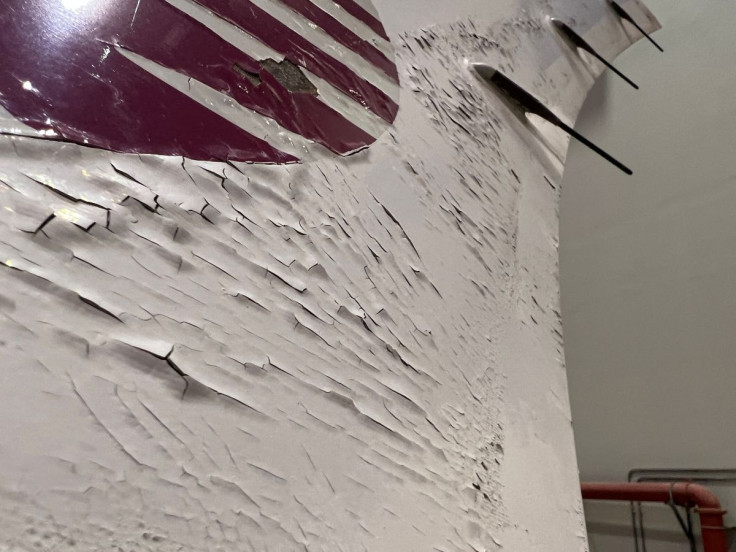Airbus, Qatar Thrust Into Debate Over Cross-border Legal Powers

Airbus and Qatar Airways squabbled in a London court on Friday over French restrictions on the transfer of evidence abroad, as a high-profile row over jet safety became mired in a politically sensitive debate over cross-border jurisdiction.
Qatar Airways is suing France-based Airbus for $1.4 billion over damage to the painted surface and anti-lightning system on A350 jets, saying safety could be at risk from a design defect. Airbus acknowledges quality flaws but insists the jets are safe.
Airbus says it is prevented from directly handing over thousands of documents sought by Qatar Airways by a 1968 law that stops French companies from handing over sensitive economic details to foreign courts, without a special mechanism in place.
The law was originally designed to resist what France regarded as intrusive legal demands from the United States.
The planemaker has applied to a UK judge for permission to appoint a special commissioner responsible for transmitting the documents to Qatar Airways during the disclosure phase.
Failing to do so would expose the planemaker to criminal charges in France under the law, widely referred to as the French "blocking statute," Airbus told the court on Friday.
"This is not something entirely novel, weird or wacky that we are proposing," its lawyer Rupert Allen told a division of the High Court in an online hearing.
Qatar Airways dismissed the likelihood of a prosecution and invoked the authority of English courts, which both sides had chosen to settle any disputes in their jetliner contracts.
"In 54 years, there has previously only been one (French) prosecution," Qatar's lawyer Philip Shepherd said.
"Complying with a foreign law is no defence against non-compliance" with the requirements of English courts, he added.
The jurisdictional row comes amid a simmering political debate in the UK over the rights of British and foreign courts following Britain's exit from the European Union.
Similar tensions flared last month when the European Court of Human Rights, which is separate from the EU, blocked Britain's move to deport some asylum seekers to Rwanda.
At least one of the candidates to replace Boris Johnson as UK prime minister has pledged to withdraw from the court.
Deputy Prime Minister Dominic Raab, who is not standing in the Conservative leadership race, has said Britain will stay in the ECHR but that it is "legitimate to push back".
Airbus said its proposed data commissioner would not review its evidence before passing it on, while Qatar Airways said it doubted that the appointee would act as a mere "postbox".
© Copyright Thomson Reuters 2024. All rights reserved.





















